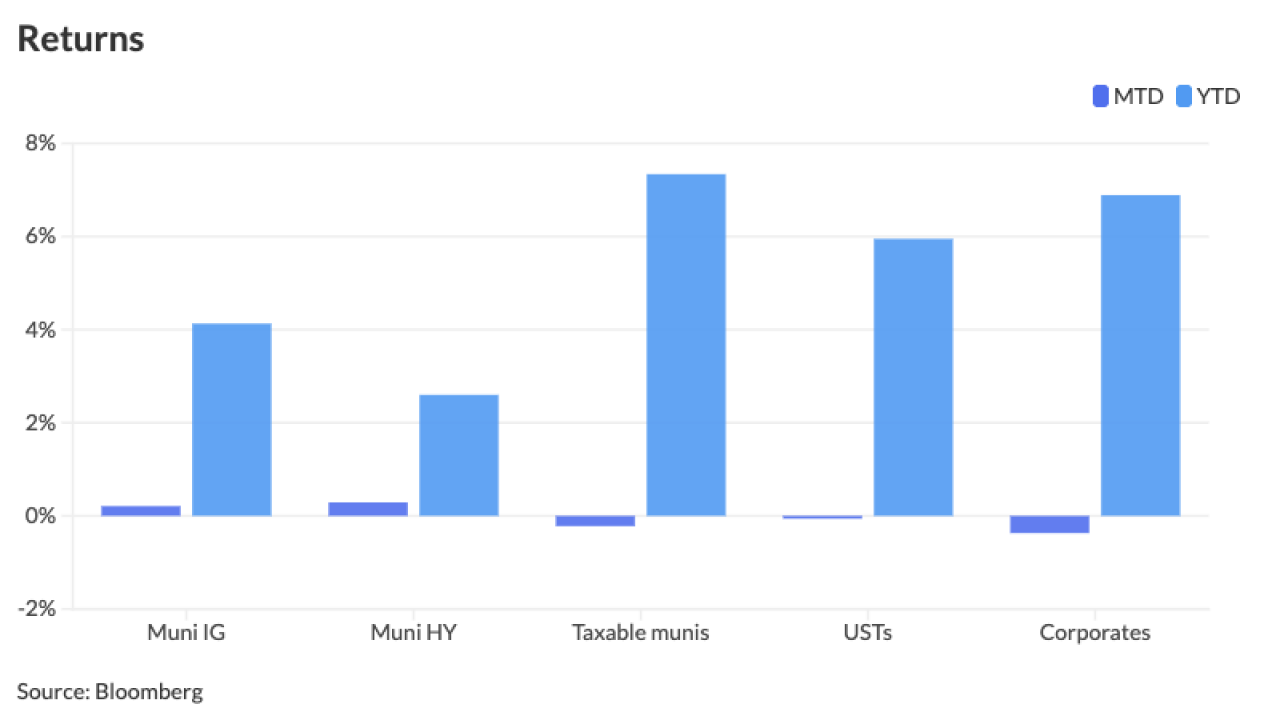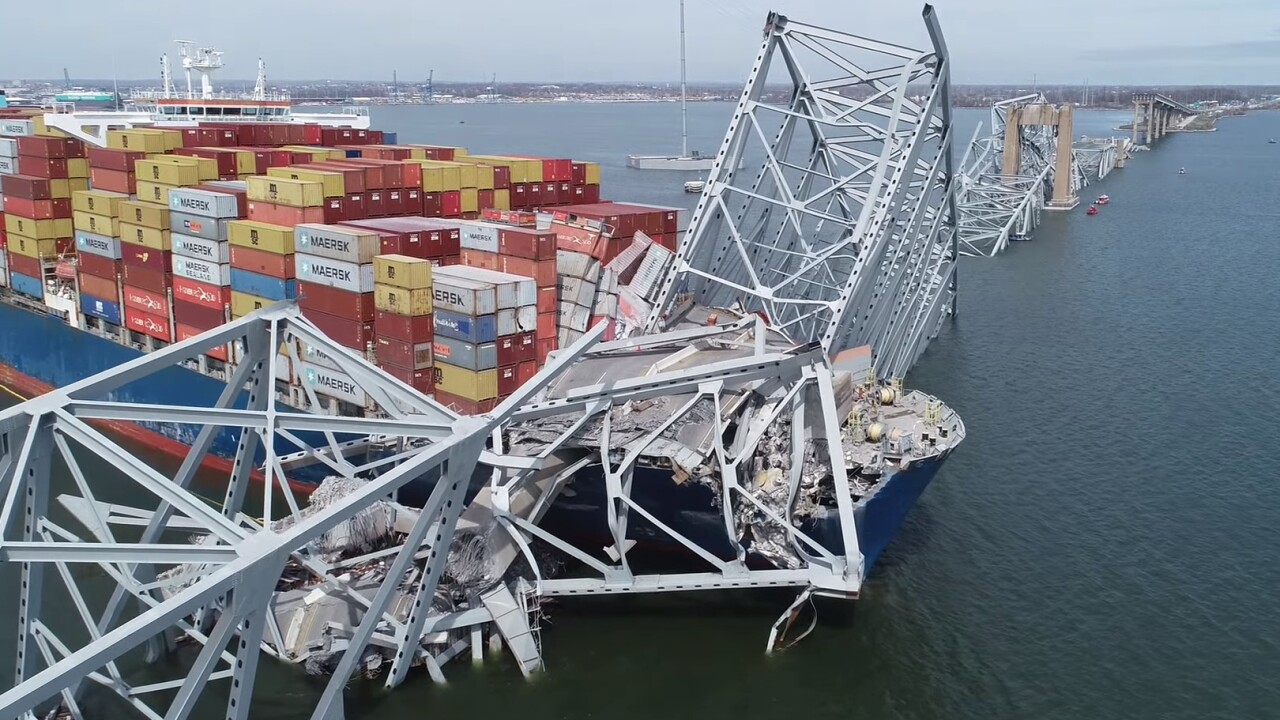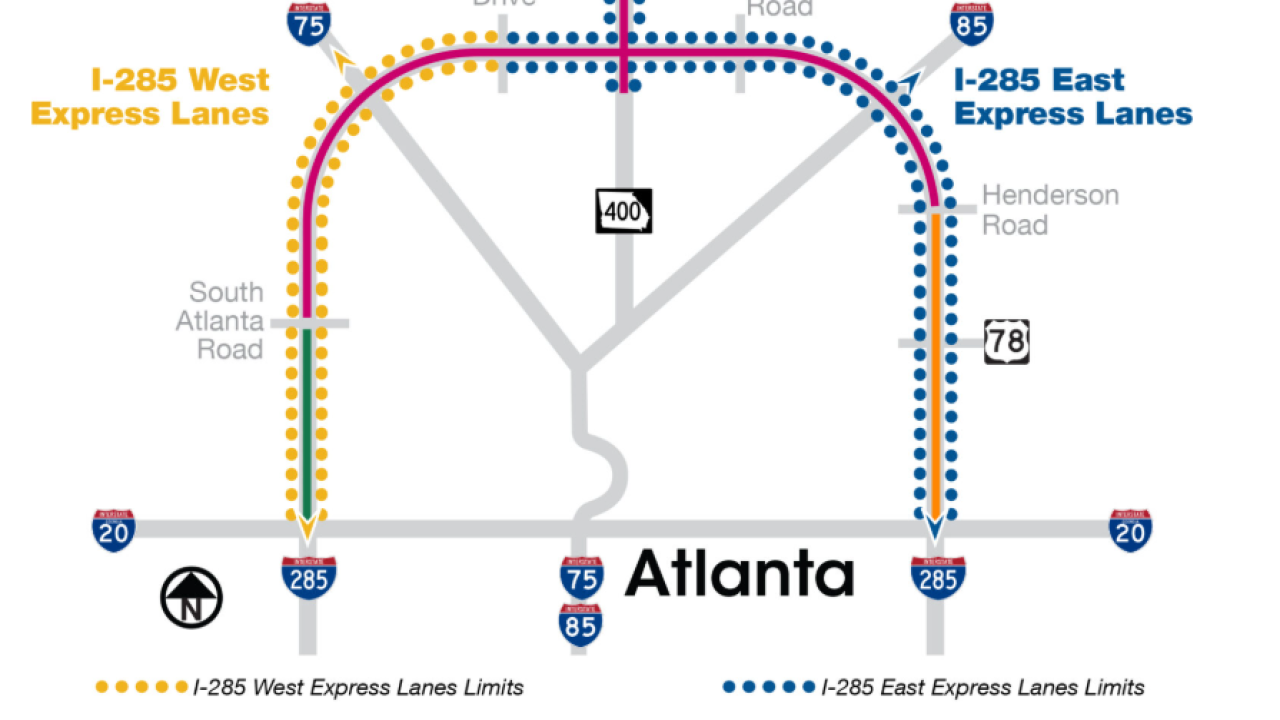
CHICAGO — States are no longer waiting for the federal government when it comes to trying to drum up new revenue for transportation infrastructure, said Victor Mendez, administrator, Federal Highway Administration, Friday morning at the Bond Buyer's Transportation Finance/P3 conference here.
"Various states in the past year or so, they're not waiting for Congress," Mendez said, noting that Virginia has imposed a sales tax to raise new revenue and Wyoming increased its gas tax, "which to us was very surprising." A handful of other states, including Michigan, are eying new revenue options, and the changes could spark interest from national lawmakers, said Mendez.
"Congress may be looking at individual states to say if they can do it politically, maybe that can be done at the federal level," he said.
Raising new dollars for transportation infrastructure needs to be one of the country's top priorities, according to Mendez. Traditional funding sources like the gas tax are no longer going to be enough to address growing demand.
"That's really what we will bring to the table in the next year: trying to address the challenge of how do we pay to improve infrastructure," he said.
The Obama administration sees public-private partnerships as a key source of funding for the future, said Mendez.
"The private sector has to be in the game, and you're going to be very critical as we move forward," he said.
The Transportation Infrastructure Finance and Innovation Act program, which offers assistance for surface transportation projects, has approved a loan a month the past six months, and expects to continue that pace into 2014, Mendez said.
"We have to keep up that pace because these are very important investments for nation," he said.
"TIFIA has been a key to success of every P3 project in the U.S. Without TIFIA, there would be far fewer P3s throughout the nation."
Another federal popular loan program, the Transportation Investment Generating Economic Recovery, or TIGER, grant program, is now in its fifth reincarnation since 2009. The problem with the TIGER program is that it requires Congressional re-appropriation every year, Mendez said.
"We've had five re-appropriations and that's great, I hope we have 500," he said. "But it becomes a battle every year."
Obama's proposal to set up a $10 billion infrastructure bank has seen some action lately, with the introduction Thursday of bipartisan legislation that would create the bank.
It's one of many sources that should be on the table to address the country's growing need, Mendez said.
"When we take the next step in terms of funding transportation, we're going to have to have a menu of solutions," he said. "Increasing the gas tax — that can be part of it, but it can't be the only way. We're going to have to talk about P3s and other solutions as well," he said. "It's clear to us that if we as a nation want to continue our economic recovery, we are going to have to invest in transportation and other infrastructure."





